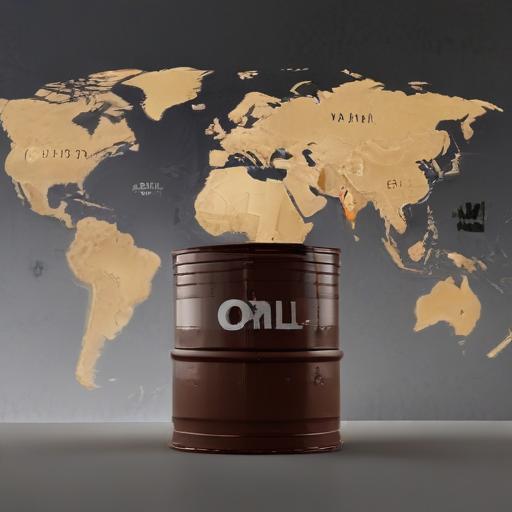Carolyn Kissane, an academic director and professor at New York University’s Center for Global Affairs, recently addressed the geopolitics of oil during the Winter/Spring 2023 CFR Academic Webinar Series. The session delved into the significant shifts in global oil dynamics, particularly influenced by Russia’s war in Ukraine and OPEC’s recent production cuts.
Kissane highlighted that Russia remains one of the world’s top three oil producers, and its military actions have disrupted traditional oil security while prompting a reevaluation of energy strategies worldwide. She noted that, contrary to some expectations, global oil demand has not decreased; rather, it continues to grow, especially with factors like China’s reopening post-COVID driving consumption, complicating the energy landscape further.
The recent OPEC+ announcement to cut oil production by 1.2 million barrels daily came as a surprise, particularly in a tight market. Following the announcement, oil prices increased, signaling potential economic implications amid rising inflation pressures. Kissane discussed the interconnected nature of the oil market, emphasizing that every day, over 100 million barrels are consumed and must be transported globally, illustrating the critical nature of oil in maintaining national security for many countries.
Moreover, Kissane addressed the geopolitical ramifications of that production cut on the relationship between the U.S. and Saudi Arabia, amid growing tensions that have characterized their partnership over the past decade. The complexities of this relationship are heightened by the U.S.’s increasing oil production independence due to advances in shale extraction.
Finally, Kissane elaborated on the potential roles of countries like Venezuela and the dynamics with nations purchasing discounted Russian oil, such as India and China. She suggested that these developments could create new market opportunities and reshape the traditional oil trade routes.
Overall, the discussion reflected a world grappling with the dual challenges of energy security and the push towards a cleaner energy transition, emphasizing that while the transition may be crucial for long-term sustainability, the current demand for oil suggests that this process will take time. Greater investments in renewable technologies are anticipated as countries seek to diversify their energy sources in response to the geopolitical shifts driven by conflicts like the Ukraine war.
The continued exploration of new energy policies, the necessity of state-owned oil companies, and the implications of energy security on global markets were central to the conversation, painting a picture of a complex, evolving landscape. This discussion indicates that while the world progresses towards greener energy solutions, fossil fuels, particularly oil, will remain a vital part of the global economy for the foreseeable future.
